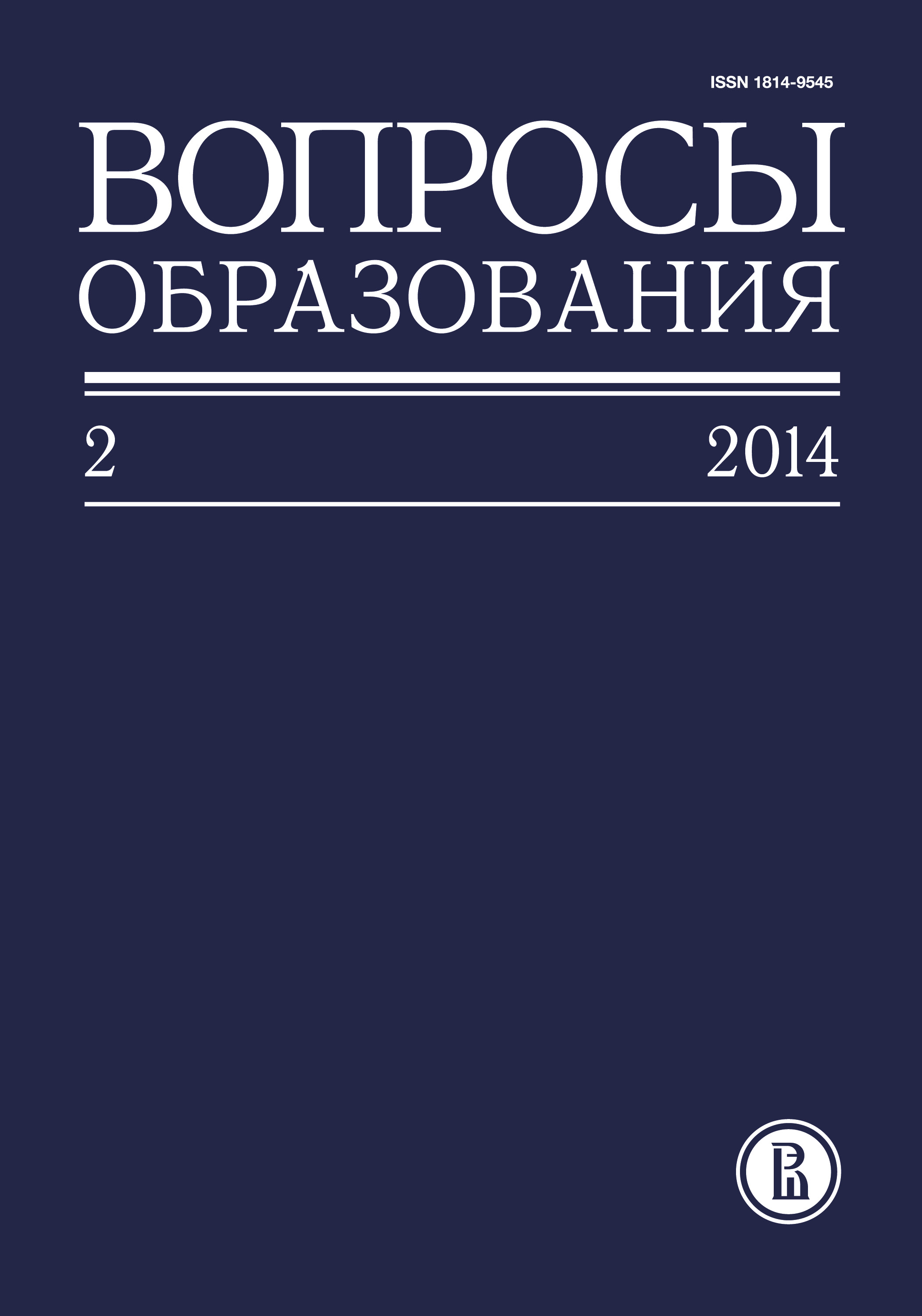Первое исследование компетенций взрослых в России
Аннотация
Статья открывает серию публикаций о результатах первого международного исследования компетенций взрослого населения (Programme for the International Assessment of Adult Competences, PIAAC) в России. Представлены обзор реализованных международных проектов в области сравнения компетенций и анализ компетентностного подхода в оценке достижений. Описаны методология, инструментарий и характеристики выборки исследования, проведенного в России. Впервые приведены ключевые результаты PIAAC в РФ, которые обсуждаются в контексте перспективного углубленного анализа данных.








